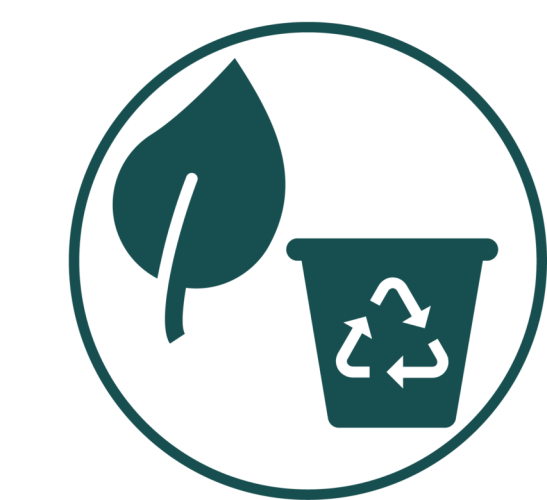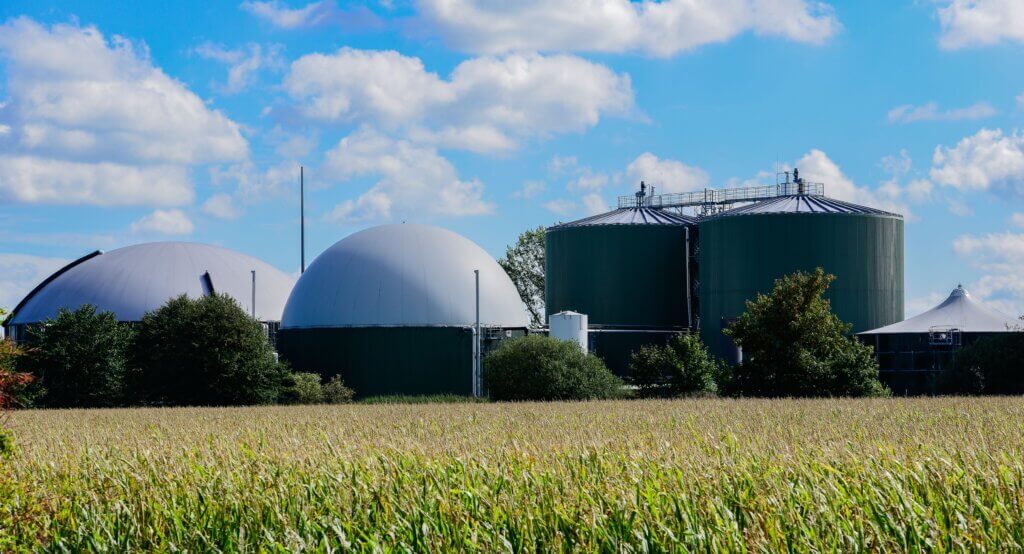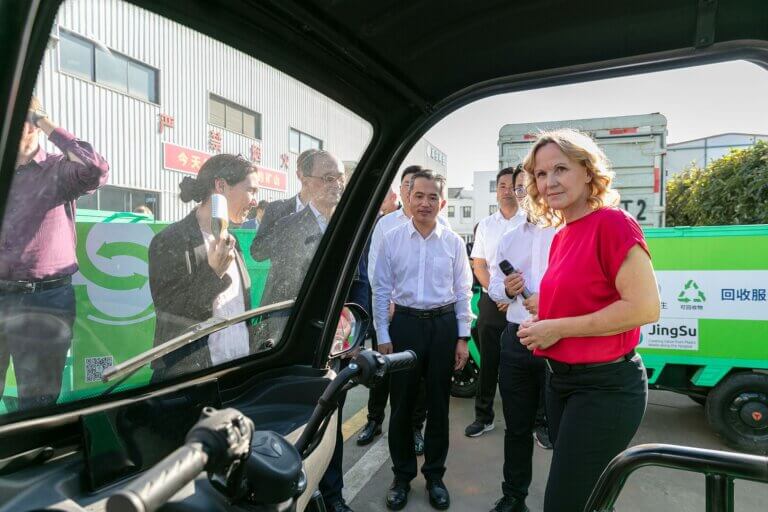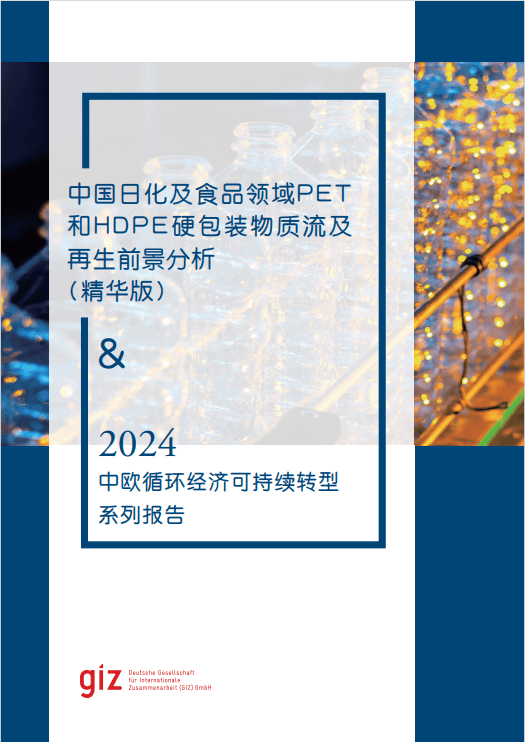As the use of biogas gradually weighs up in China, especially in rural areas, there are amplifying voices asking for exchanges in the biogas sector. Against this background, 2019 Annual Conference of China Biogas Society was held from November 11th to 13th in Chengdu. During the conference, GIZ played a supportive role together with Biogas Institute of Ministry of Agriculture and Rural Affairs and shared project outcomes with biogas practitioners from government, institutions and stakeholders.
On November 11th, Ms. Hou Jingyue, Project Manager of Sino-German Strategic Alliance for Advanced Biomethane Technology, GIZ, introduced organic waste management and fertilizer application in Germany where the bundled laws, policies and financial measures are leveraged to reduce and recycle waste in a more efficient and economical way. According to the German Federal StatisticalOffice, in the year of 2015, 62.3% of compost and 97.1% of digestate are used in agriculture and forestry. To ensure that the compost and digestate pose no threat on the environment, requirements and parameters in the production process strictly follow BioAbfV – the German Biowaste Ordinance. Furthermore, the establishment of a market system and the identification of a profitable path for compost and digestate are also crucial for the sustainable development of the biogas industry.Ms. Hou Jingyue introduced the organic waste management and fertilizer application in Germany Photo by GIZMr. Qian Mingyu introduced the Project, Photo by GIZMr. Li Jian made a comparison between China and Germany on biogas plant design, photo by GIZ
On November 12th, Mr. Qian Mingyu, Project Director of Sino-German Strategic Alliance for Advanced Biomethane Technology, GIZ, opened the second day with a brief introduction of the Project, focusing on the demonstration plant in the Inner Mongolia. Based on the design experience and construction practice, Mr. Li Jian, Senior Manager of Beijing Xituo Lianhe Environmental Engineering Co., Ltd., one of the project partners, compared the design methods of biogas plant in China and in Germany. He recognized distinctions in the handling of fermenter spaces, gas holder spaces, division of explosion-proof area, etc.
Besides, to enhance the exchange on biogas experimental measurement between Germany and China, the book “Collection of Measurement Methods for Biogas” conducted by German Biomass Research Center (DBFZ) and translated by the project was launched during the conference. This gives a holistic description of measurement methods for basic-, chemical-, physical-, and biological parameters. By collecting methods to determine parameters for analysis purpose and parameters that describe processes in the biogas sector, this book intends to provide significant German know-how to China.





